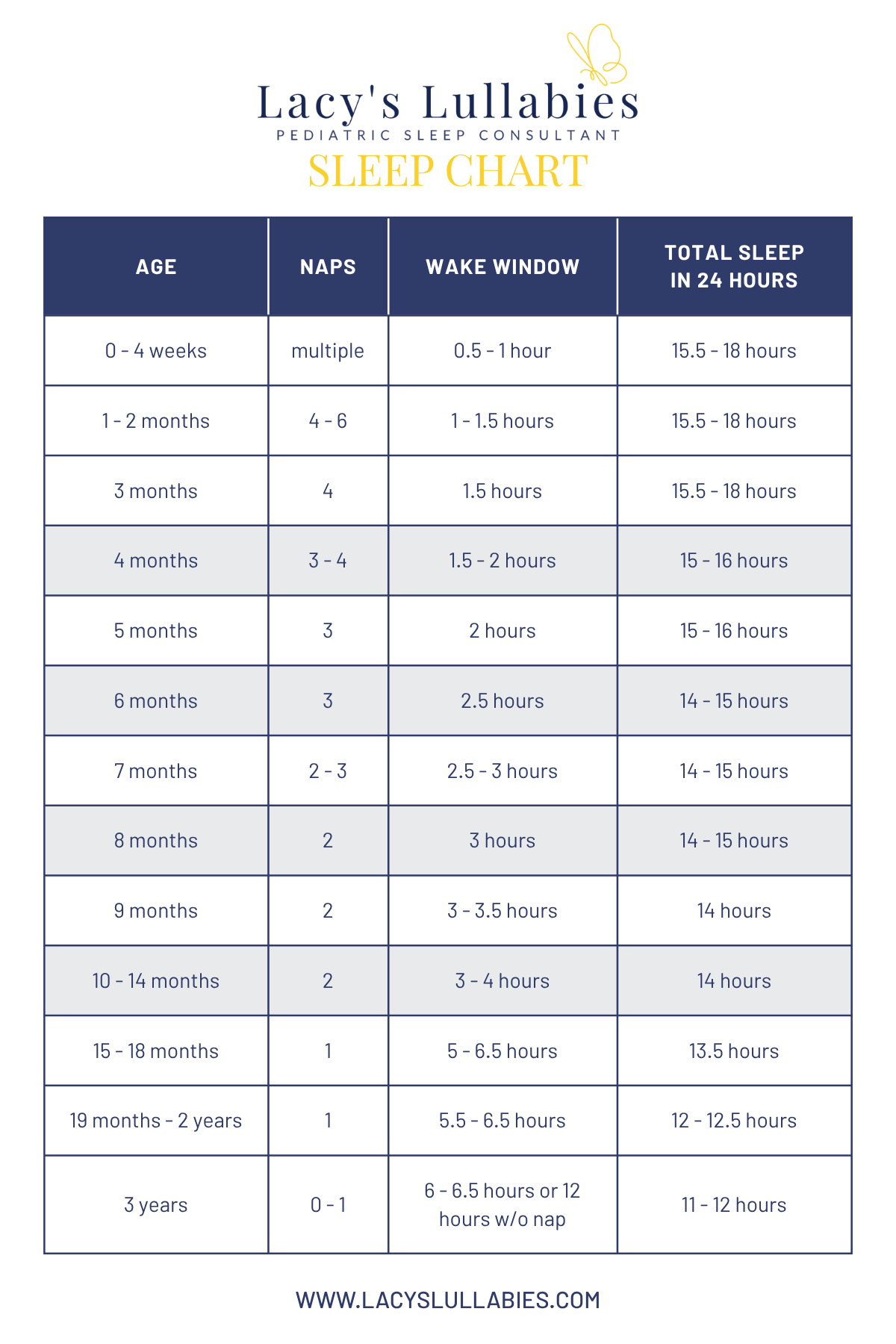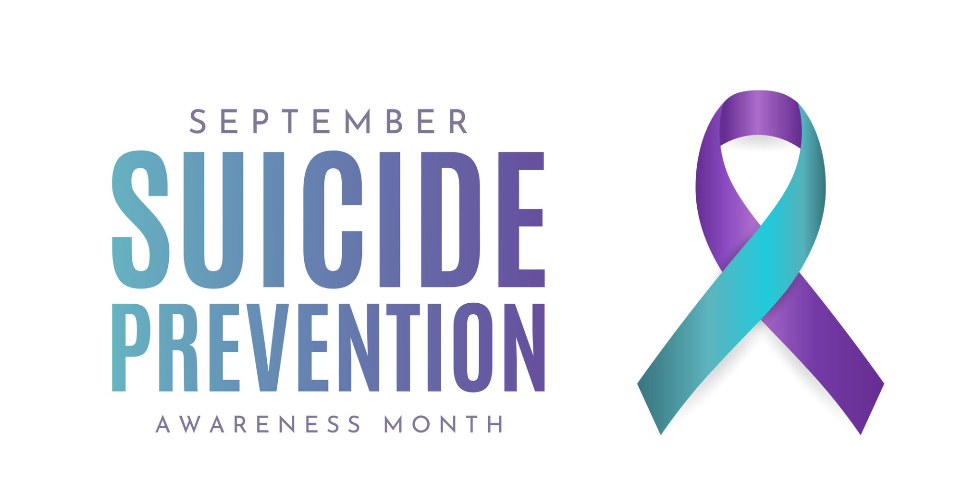When it comes to baby sleep, naps play a huge role in your little one’s overall rhythm and sometimes they’re even trickier to figure out than nighttime sleep.
How many naps should your baby take?
How long should they be? And what if naps start to mess with bedtime or cause early wake-ups?
Let’s break it all down in a way that actually makes sense (and works for your family!).
Why Naps Matter (More Than You Think)
Naps aren’t just about giving parents a break (although it's a nice perk!).
Daytime sleep helps babies:
- Stay regulated and alert between sleep periods
- Avoid becoming overtired by bedtime
- Support emotional, physical, and cognitive development
But here’s something important to keep in mind: babies only need a certain amount of sleep in a 24-hour day, and that total amount varies by age. Once your baby gets the sleep their body needs for the day, they won’t need more so, if they get a lot of sleep during the day, it can cut into their night sleep.
For example, a 9-month-old
typically needs about 14 hours of total sleep
in a 24-hour period.
If that baby naps for 5 hours during the day, they’ll likely only need about 9 hours overnight. That may be totally fine for some families! But if you'd prefer your 9-month-old to sleep 11 hours at night, you may want to aim for closer to 3 hours of daytime sleep (often in the form of two 1.5-hour naps).
💡The more your baby naps during the day, the less sleep they’ll need at night. It’s all about finding the right balance for your baby and your lifestyle.
What About Nap Length?
There’s no one perfect nap length, but naps typically range anywhere from 30 minutes to 2 hours
depending on your baby’s age and individual needs. It’s generally recommended not to let a single nap go longer than 2 hours.
Why? Because the more sleep your baby gets during the day, the more it can reduce the amount of sleep they’ll need at night.
That said—if your baby occasionally naps longer than 2 hours, it’s totally okay!
Some days they just need the extra rest. Could it throw off bedtime? Maybe. But it also might not change anything at all. Every baby is different.
💤 Trial and error is part of figuring out what works.
If you prefer a consistent schedule, gently waking your baby at the 2-hour mark might help. If you’re okay with a little flexibility, letting them sleep a bit longer now and then is no big deal.
Don’t Rely Too Heavily on the Chart
You’ll see sleep charts (I even share one below!) that provide helpful guidance on how much total sleep your baby needs and how naps may be spaced out by age. These can be great starting points—but they’re not a one-size-fits-all solution.
🍼 Pay attention to your baby’s sleep cues and resist the urge to follow a chart too strictly.
Some babies are ready to transition to fewer naps earlier, while others take a little longer—and that’s completely normal. Your baby’s sleep needs may shift depending on developmental milestones, illness, growth spurts, or changes in routine.






